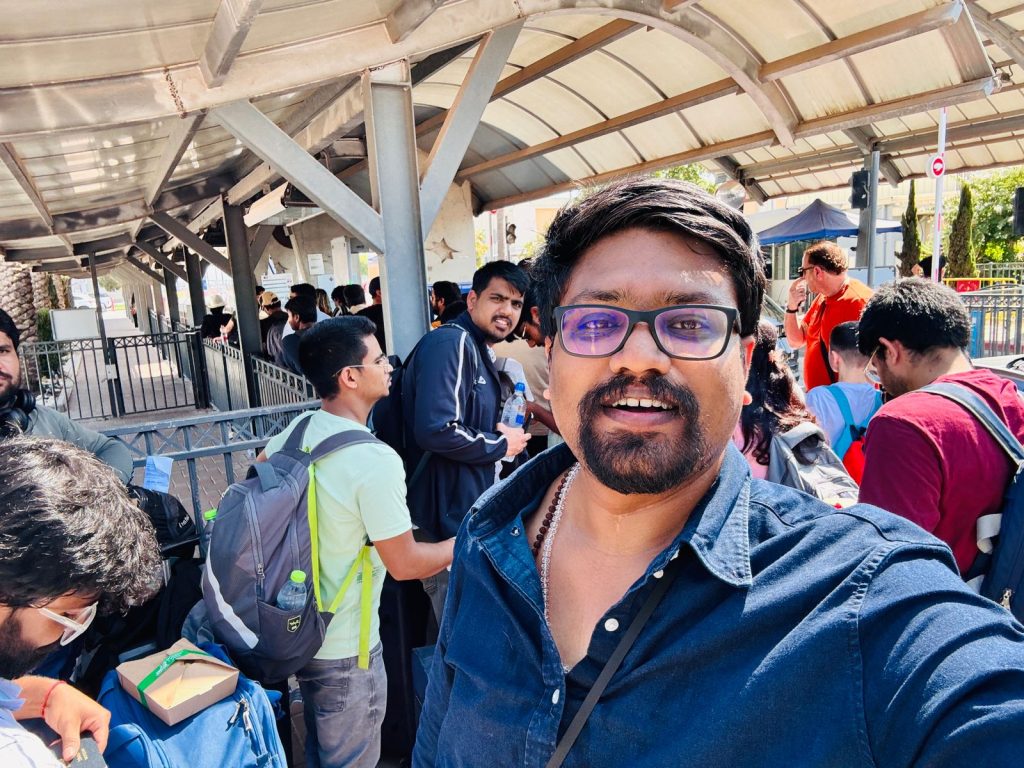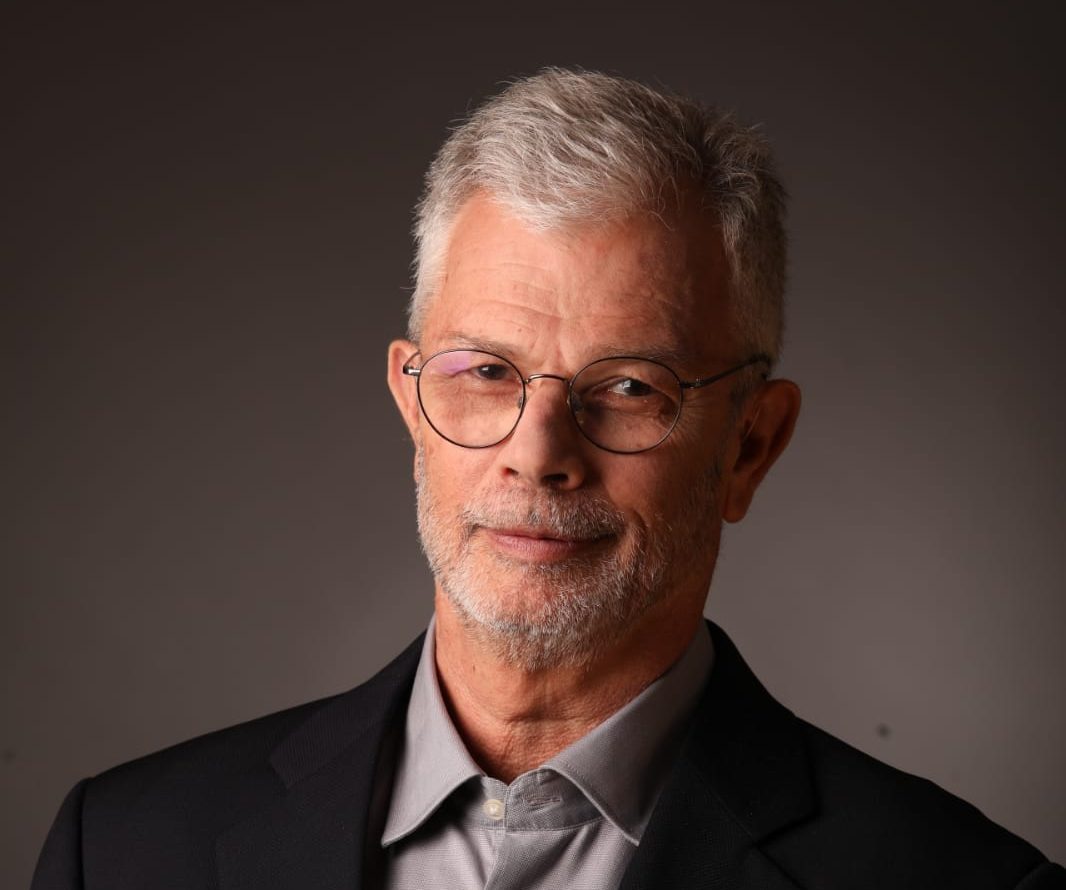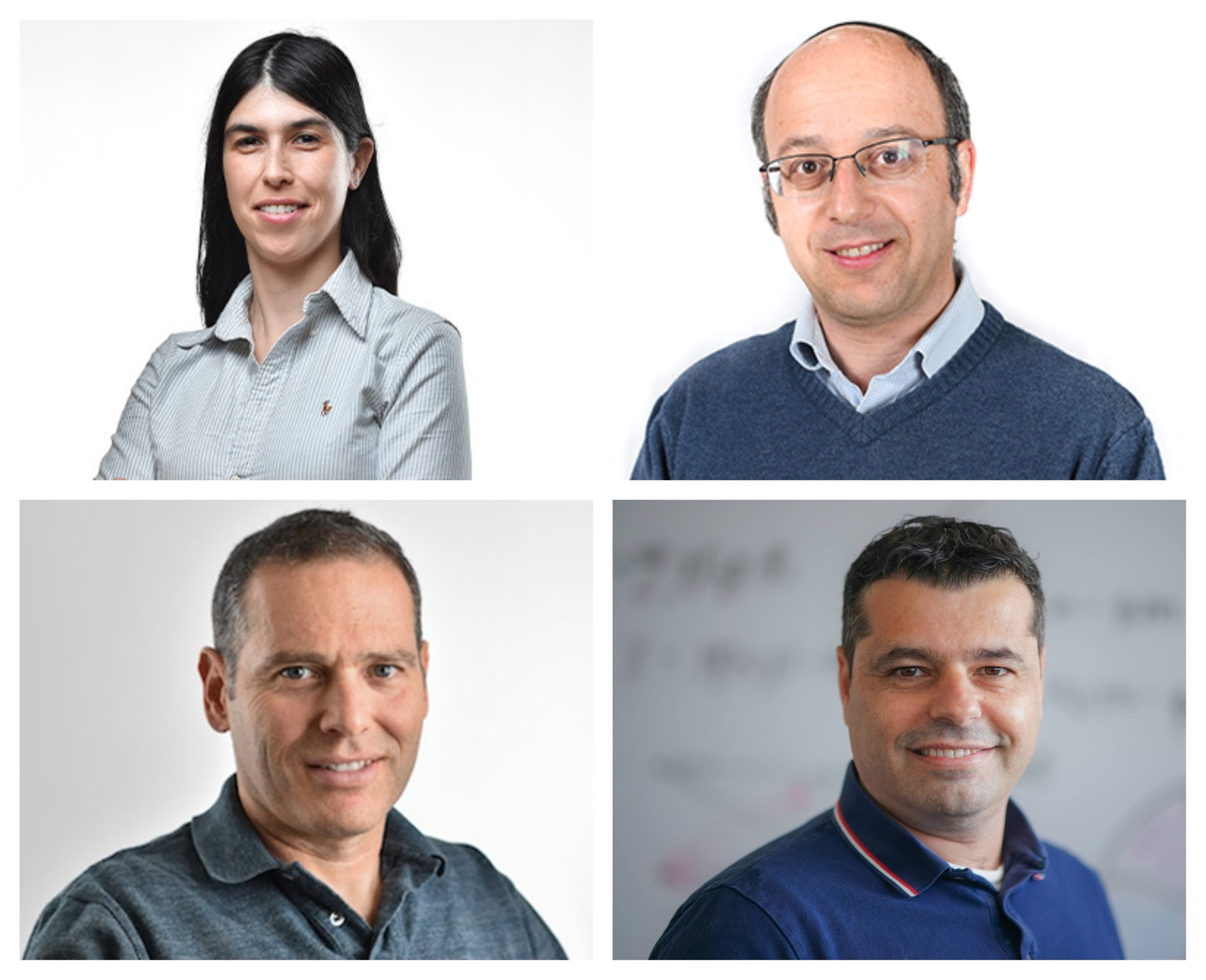"Sometimes I feel more Israeli than the Israelis"
Not Leaving the City – Dr. Mohit Goswami, a postdoctoral fellow at the Technion, invents new materials for critical applications in aviation, medicine, transportation, and space - and in his free time, cooks Indian food for soldiers in the north. Even during the missile attacks from Iran, when students from India left the country, he remained in Israel
Dr. Mohit Goswami is a postdoctoral fellow in Prof. Kosta Volokh’s research group in the Faculty of Civil and Environmental Engineering. It has been almost two and a half years since he came to Israel, and in this short period, he has already published four articles in international journals, with two under review.
He came to the Technion after studying at the Indian Institute of Technology (IIT) Kharagpur and Purdue University, from where he came to pursue his great Israeli dream at the Technion. “Purdue is an excellent university,” he says, “but comparatively, I feel more connected with the people and culture here in Israel.”
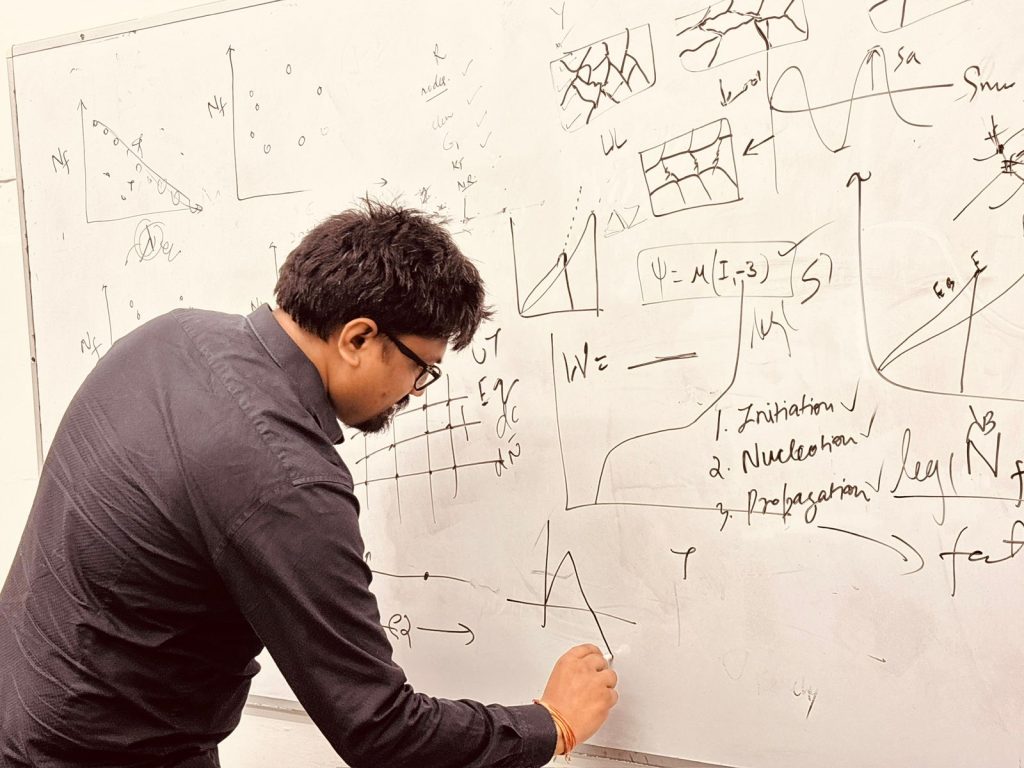
He speaks of his current stay in Israel with love mixed with optimism. “I’m really happy here – and not afraid. Sometimes I feel more Israeli than the Israelis, because I see them stressed by the missile attacks, while my friends and I simply arrive at the protected area and pass the time playing games. It’s also important to understand that, contrary to rumors, our various collaborations are continuing – researchers in the world want to work with us.” Since coming to Israel, he has worked in collaboration with the University of Pavia, Italy, the University of Akron, USA, IIT Kharagpur, India, and IPF Dresden, Germany. In addition, he has also collaborated within the Technion to study the inflation of hydrogel (another exciting water-based polymer).
I didn’t come to the Technion for nothing, he clarifies. “It’s an institution, and my supervisor, Prof. Kosta Volokh, is a world-renowned researcher. Fortunately, he is also great in the interpersonal context – he will always recommend you to colleagues and will always listen to your ideas.”
Dr. Goswami is involved in the research and development of new and improved materials for a variety of applications in space, in the field of transportation – innovative self-healing tires, speed, and uses. In the research funded by the Innovation Authority, he is developing basalt-based materials. “A strong, common, sustainable and non-toxic raw material – these materials will potentially be used in electric wire casing, hoses and tubes, furthermore in many defense applications, while reducing the cost and increasing operational reliability.”
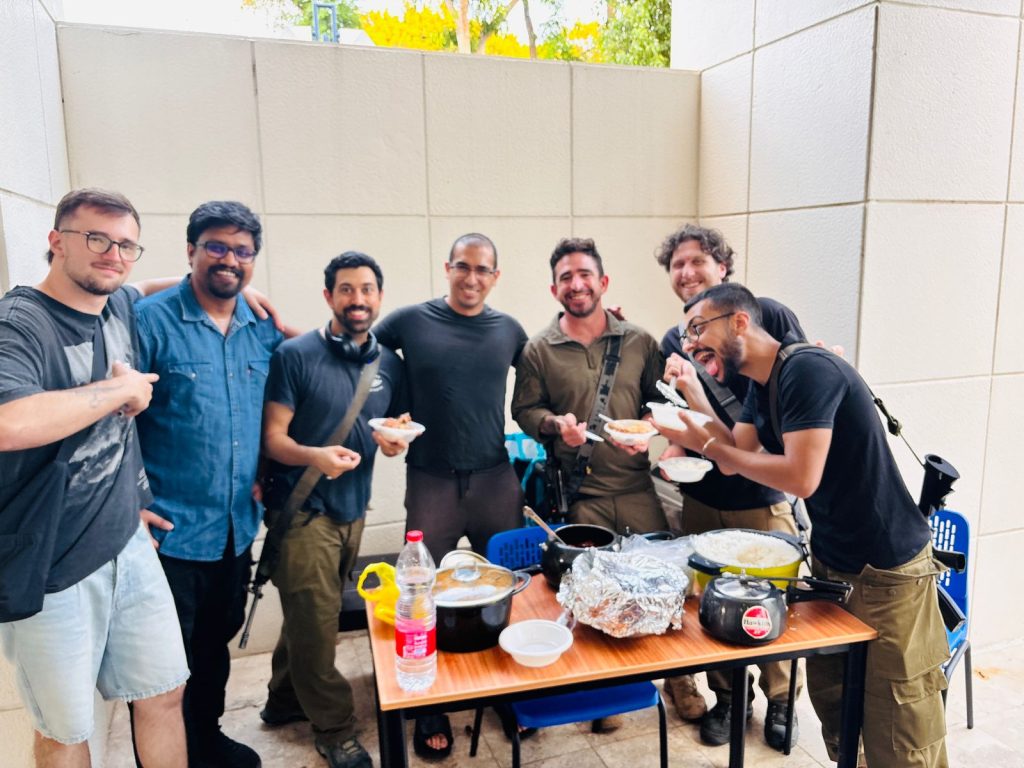
Another area he deals with is shape-memory materials – polymers that change shape when cooled and heated. Another area – materials that repair themselves. “Imagine you’re driving and suddenly you have a flat tire. With such materials, instead of having to stop, change a tire, and drive to a tire shop, the tire will repair itself. This will not only save you inconvenience but also accidents.” The example is not accidental, since in India he worked as an engineer at CEAT Tires, where he specialized in simulations of tires in different conditions. Several key materials are based on plastic waste, so they also have enormous environmental value.
Given the wide range of his research fields, it’s hard to imagine that he has any spare time, but he finds time to volunteer in the community. He cooks Indian food for soldiers in the north and even delivers it to them. During the flight ban last week, he helped Indian students leave Israel via the Taba border crossing. One of his initiatives is an Indian Israeli hackathon sponsored by the Indian Embassy in Israel, an Intelligence Corps unit in the IDF, and various Israeli universities. The hackathon “deals with developing rapid treatment solutions for large numbers of wounded people and soldiers during the Iron Swords war. Following the success of the hackathon, we are planning similar events in the future.”
